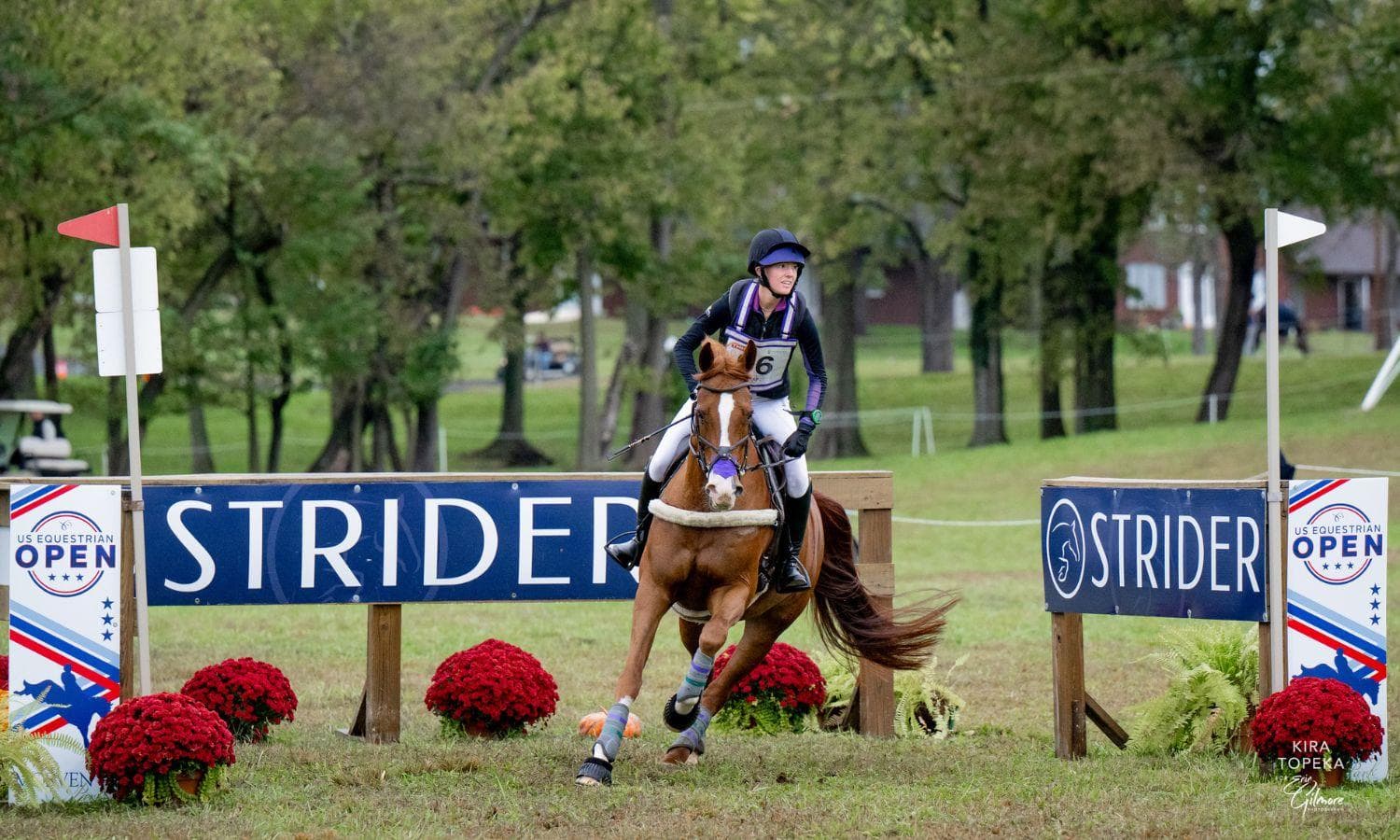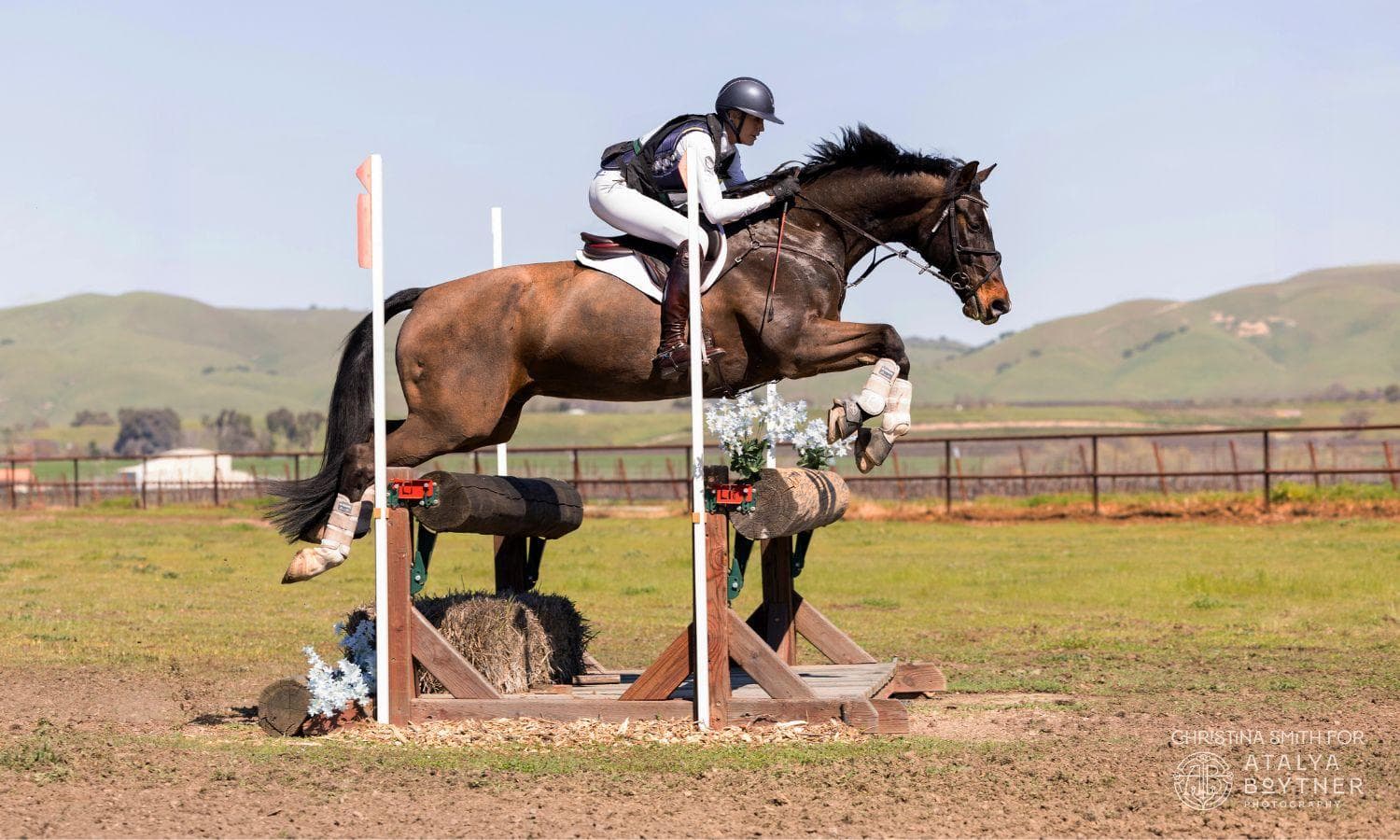What Did They Say? The 2018 World Equestrian Games Review
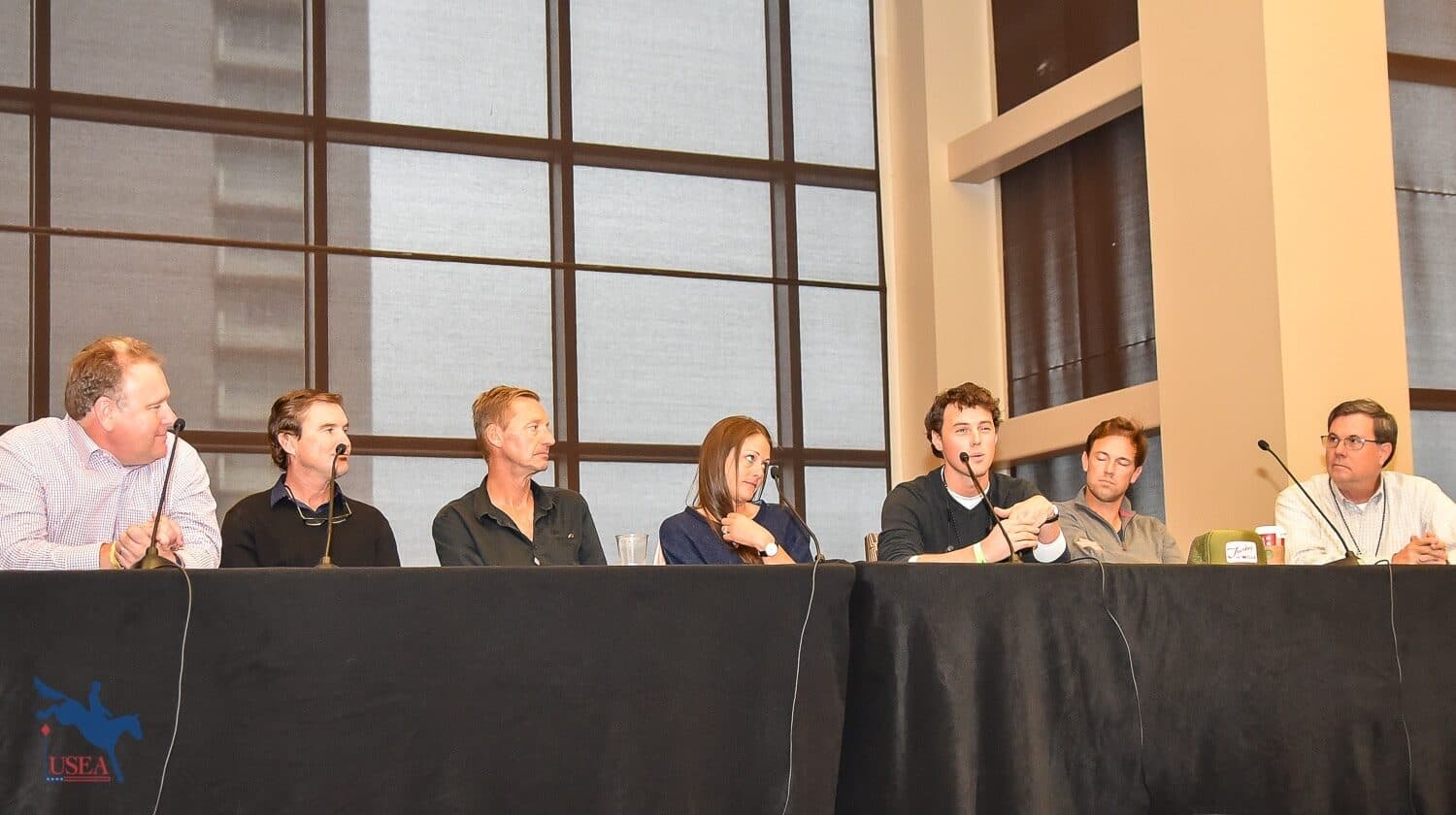
Dr. Mark Hart, Phillip Dutton, Erik Duvander, Lynn Symansky, Sam Watson, William Coleman, and Will Connell sat on a panel to review the 2018 FEI World Equestrian Games at the Tryon International Equestrian Center in North Carolina.
Dr. Mark Hart (Chief Medical Officer): We came this close to canceling WEG because the state wanted to mobilize all of the medical services due to Hurricane Florence.
Will Connell (USEF Director of Sports Programs): Tryon stepped up very late in the game. We must be honest there were various things that weren’t ready – the groom’s accommodations being the most obvious. Apart from endurance the rest of the sport was very good. That was not the ideal start, but it got better from there. Overall the results for the U.S. teams was very good – we won three team golds. The atmosphere of “we are going to make this happen” was very strong.
Phillip Dutton: To represent your country is a great honor and something we all want to achieve and we all don’t get to do. WEG didn’t quite work out to plan. The actual event was well-run – stabling, footing, and cross-country was good. Everybody gave it their best shot. We do really appreciate the support over everyone. We wanted to make it come off and hopefully next time it will be better.
Erik Duvander: I couldn’t be more pleased with how everyone was trying. We needed one more year for this group of horses (maybe not Lynn’s but everyone else’s). Everyone tried their hardest, but obviously there is a lot of learning to do. I am really looking forward to the future.
Lynn Symansky: This was my and my horse’s second WEG. Maybe the third time will be the charm? You can’t just show up and win. You have to fail a lot before you can win. I put in a personal best in the dressage and cross-country was amazing, the show jumping kills me, but it would a bit of different taste in our mouth if we had one less rail down. I couldn’t be prouder of my horse and my country, and I hope you guys keep standing behind us. We will get it right one of these days.
Sam Watson (member of the Irish silver medal team): There are two rules: know your audience and don’t be the smug Irish guy. After competing in Ireland I walked into Tryon and thought it was an amazing facility and it’s going to be an incredible facility to have on U.S. soil. At the 2010 WEG I was the guy who dropped my team from sixth to seventh place and that was tough. It hit me harder in 2014 when we were in sixth, and I had eight rails in hand to keep the team placing. The horse just had a little look, and I was holding around his neck. That killed me and that is when I realized I had to take emotion out of it. It came off for us this time, but we also have to be careful where our true level of performance is. Your last performance doesn’t define who you are. It is going to be a good battle come Tokyo.
Will Coleman: We are all a bit gutted about how it turned out honesty. We are just going to get back to work and try to do better.
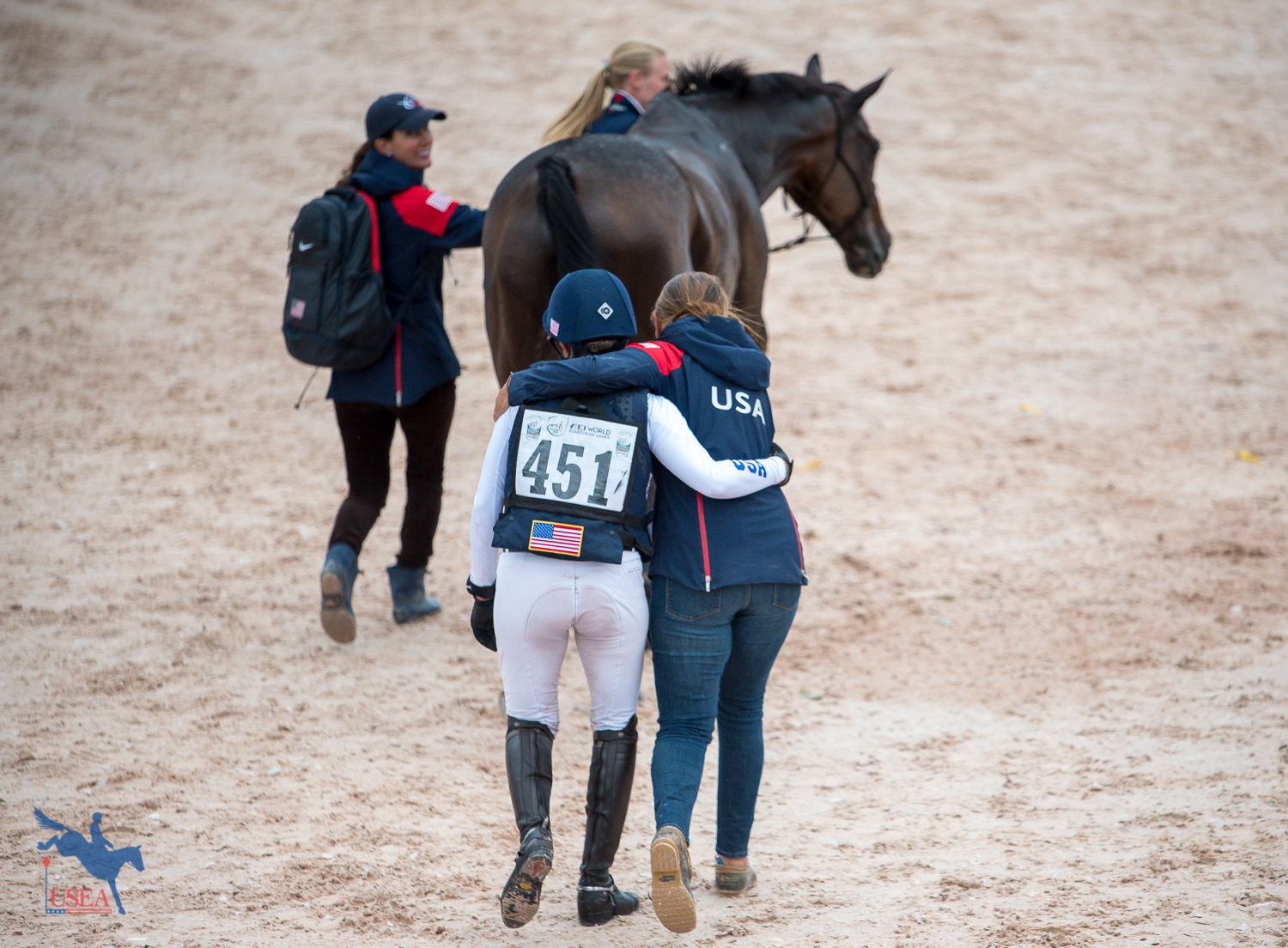
How do we get better?
Erik Duvander: You always have to hope that it comes off. Sport is very unpredictable and to get every part right is very, very difficult. Our mission is just to try and lift our game a little bit every two years and it increases your position to get closer to the podium. Going to take a lot of hard work and discipline.
Will Connell: in the build up to WEG we were very clear that our goal was to get Olympic qualification for all three disciplines. If push came to shove that had to be the foremost thing. The reality that the U.S. doesn’t sit in the medal zone in current standing, but we head to Tokyo with a very new format in tough circumstances with heat, humidity, the additional pressure of no discard score – how does that change the mental game? Changes will give us a good run into Tokyo.
What is the difference of riding as a team rider vs an individual?
Lynn Symansky: I think at the end of the day you have to make sure you trust what got you there. A lot of extra pressure is on your shoulders. There is a lot of dynamics into picking the team order. At the end of the day you walk the course and you make a plan. You also talk strategy as a group. Trying to be as competitive as you can for yourself, but you have to be flexible for what the team needs. This was my third team. The Pan Ams in 2011 was an amazing team with Buck [Davidson] as captain and everyone finishing on their dressage score, but every team is different.
Phillip Dutton: There is that added element that you don’t want to let anyone down. You have done all of your homework and you have to just do your best. I think it is cool, and I kind of embrace it. Helping the team out as well is very rewarding.
Sam Watson: if there is a different between competing on a team and competing individually then something has gone wrong. We work together as a team at every competition – our minds are open all the time to information.
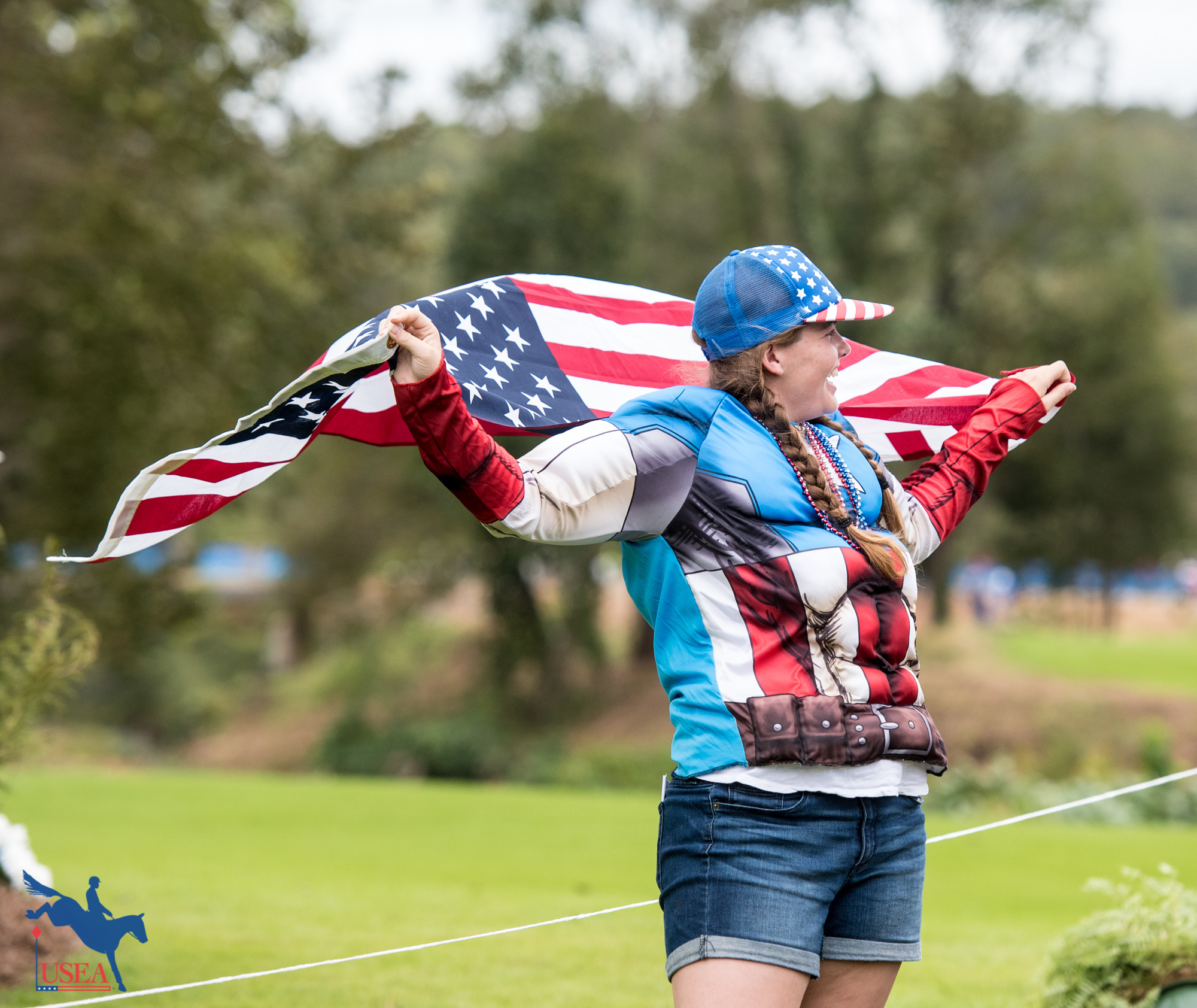
What are you looking for in a teammate?
Will Coleman: That’s an expansive question. I want someone that believes in the processes that allow you to perform at your best. Not everyone is going to approach a competition the same way. You have to believe in the people around you and respect them.
Lynn Symansky: It is important to have mutual respect and understanding. I want a teammate who is going to produce a good results, but they have your back even when things don’t go well.
Erik Duvander: You need to put your best people forward, but it is about nurturing the athletes in a certain way. They should be courteous and kind to each other, so all your focus is on your performance.
Is it a benefit to having all of the disciplines together at WEG or is it a distraction?
Will Coleman: It is not a distraction. It is an amazing thing to be inspired by the other sports, but you can’t let it force you to do too much. We watched the reining, and hung out with the dressage people. But you need to be focused on the job you are there to do. You are picking things up for the future.
Will Connell: In Britain the teams wanted to live together, but I learned in Rio that there is a different environment in the U.S. teams. We try to create an environment that makes them comfortable. A huge benefit of the U.S. setup is the support that allows us to do that. It shocks me everyday with how generous people are in supporting the teams in the U.S. as it is not a cheap operation.
Lynn Symansky: When we were in Normandy in 2014 you just felt like you are in a normal show until we got to the main facility where the rest of the disciplines were held for show jumping. It makes a difference in feeling how big of a moment that is. The challenge is to figure out how to prepare your horse when you are sharing the arena space with a lot of different disciplines. It tests how resilient that pair is to adapt to different circumstances.
Did the course walk different than it rode?
Phillip Dutton: I was fortunate to go at the end of the day. Mark [Phillips] did an extraordinary job to make a safe day. The time was difficult to get. The course didn’t walk super big, but it was a thinking course especially at the beginning. It probably caused more trouble than I thought it would. We had benefit of riding there before.
Lynn Symansky: I was fortunate to be on a horse that I know like the back of my hand. I thought Mark [Phillips] did an amazing job taking land that wasn’t the easiest. I was really lucky to be on a Thoroughbred. Just depended a bit of luck of the order too.
Will Coleman: The bank rode a bit different than it walked. Mark’s work as a course designer recently is some of the best we have seen. The course was also a testament to fitness because you had no cushion going up the hill.
Sam Watson: The cross-country course produced 66% clear rounds – it has never been more than 50%, but it also has never been at the three-star before. With the diversity of nations Mark put down the perfect template. I volunteered to go first for the team, and I got a good read on it and it rode well.
Helpful Links
- USEA Website
- Convention Page
- USEA’s Convention Coverage
- Live Stream
- Convention App for Apple iOS
- Convention App for Google Android
- Program
- Schedule
- Floor Plan
- Vendor List
Follow the USEA coverage on social media!
#USEAConvention | Facebook | Twitter | Instagram | USEA’s Convention Coverage
About the USEA Annual Meeting & Convention
The USEA Annual Meeting & Convention takes place each December and brings together a large group of dedicated USEA members and supporters to discuss, learn, and enjoy being surrounded by other eventing enthusiasts. The USEA organizes multiple seminars in addition to committee meetings, open forums, and tons of fun! The 2018 Annual Meeting & Convention is taking place at the Sheraton New Orleans Hotel in New Orleans, Louisiana on December 6-9, 2018. Visit the 2018 USEA Annual Meeting & Convention page to stay up to date on news, announcements, and details.
The USEA would like to thank Adequan, Devoucoux, Nutrena, Charles Owen, Standlee Hay, Merck Animal Health, SmartPak, Mountain Horse, Parker Equine Insurance, Rebecca Farm, Auburn Laboratories, Stackhouse & Ellis Saddles, Nunn Finer, World Equestrian Brands, Gallops Saddlery, Revitavet, CWD, H.E. Tex Sutton Forwarding Company, Trio Safety CPR + AED Solutions, Equestrian Athlete Camps at the U.S. Olympic Training Center, and Hylofit for sponsoring the USEA Annual Meeting & Convention.

